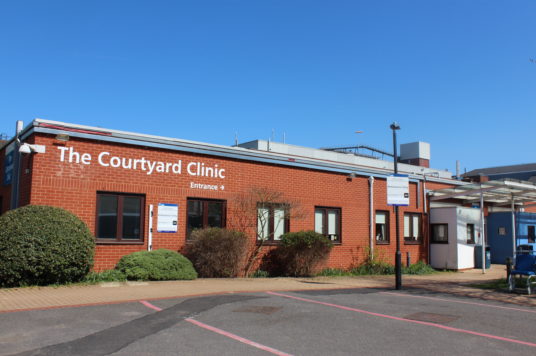Ground breaking HIV research undertaken at St George’s
Ground breaking new research shows that gay men reporting chemsex are five times more likely to have a new HIV diagnosis than other gay men.
It’s also reported that they are nine times more likely to be diagnosed with Hepatitis C and four times more likely to be diagnosed with a sexually transmitted infection during a 13 month follow-up period, according to research carried out at St George’s by Dr Mark Pakianathan and colleagues.
The research has been published in HIV Medicine and can be found here.
Dr Mark Pakianathan, Consultant in HIV Medicine at the Courtyard Clinic in St George’s, said: “This is the first published study to demonstrate a significant association between chemsex disclosure and new HIV diagnosis.”
He added, “Clinicians and public health officials should use the findings to identify a population particularly vulnerable to HIV acquisition who could be targeted for pre-exposure prophylaxis (PrEP) and other prevention interventions.”
Between June 2014 and July 2015, 1,840 gay and bisexual men attending routine sexual health appointments at St George’s and Kingston Hospital were asked about mental health, substance use and chemsex.
Those asked were aged between 14 to 82 years old. Overall 16.5% of all men (286) reported participating in chemsex.
1.8% of men who did not report chemsex had a new HIV diagnosis during 2014 or 2015, while 8.6% of men who were involved in chemsex had a new HIV diagnosis during the same time period.
Taking into account a range of factors influencing HIV infection, chemsex was associated with a fivefold increase in the risk of HIV infection.
Gay men struggling with problematic drug use present at a variety of Trust departments and this research highlights the need for appropriate assessment and support.
Notes to editors
For more information, please contact Pippa Harper, Media Manager, on philippa.harper@stgeorges.nhs.uk or 020 8266 6128.


